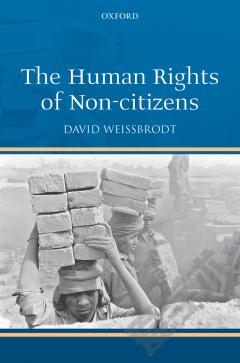The Sovereignty of Human Rights
Acknowledgments 1. Field Missions Human Rights as Moral Concepts Human Rights as Political Concepts Human Rights as Legal Concepts The Plan of the Book 2. Sovereignty and Structure Sovereignty and its Exercise Between the National and International Sovereignty and its Distribution 3. Human Rights: Three Generations or One? Generations as Chronological Categories Generations as Analytical Categories Civil and Political Rights as Monitors of Sovereignty's Exercise Social and Economic Rights as Monitors of Sovereignty's Exercise 4. International Law at Work Labor Rights as Instrumental Rights Labor Rights as Universal Rights Labor Rights and the Structure of International Law 5. The Ambiguous Appeal of Minority Rights The Moral Ambiguities of Minority Rights The Political Ambiguities of Minority Rights The Interdependence of Sovereignty and Minority Protection 6. International Indigenous Recognition Indigenous Territories and the Acquisition of Sovereignty Indigenous Recognition and the International Labour Organization Indigenous Recognition and the United Nations The Purpose of International Indigenous Rights 7. Self-Determination in Three Movements Self-Determination and the Legality of Colonialism The Many Paradoxes of Self-Determination Bridging International Law and Distributive Justice 8. Global Poverty and the Right to Development The Emergence of the Right Implementing the Right From Global Poverty to International Law The Right to Development and the Rise and Fall of Colonialism Bibliography Index
{{comment.content}}








 京公网安备 11010802027623号
京公网安备 11010802027623号